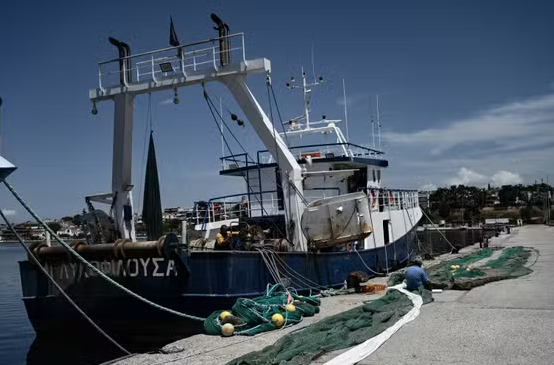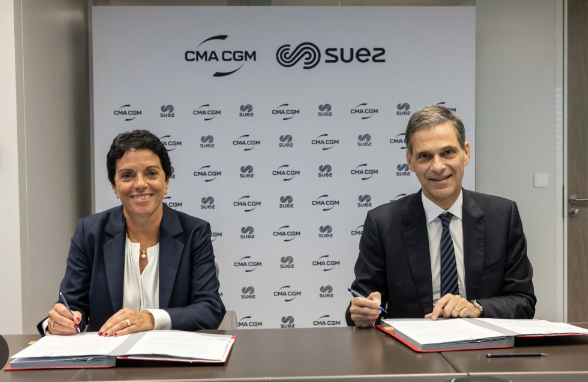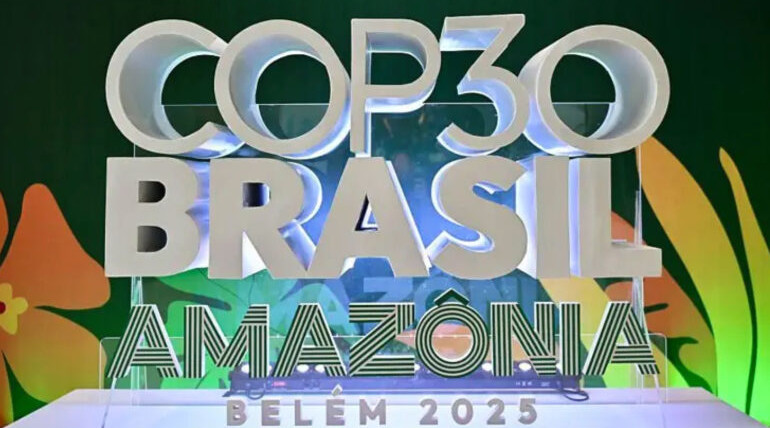These new zones are intended to help the country reach its goal of protecting 30% of its territorial waters by 2030. The controversial practice of bottom trawling will be banned within these areas. Greek Prime Minister Kyriakos Mitsotakis announced on Monday, July 21, the establishment of two new marine protected areas, as he had pledged during the third UN Ocean Conference held in June in France. One area is located in the Ionian Sea, south of the Adriatic Sea, and the other in the Cyclades archipelago, in the Aegean Sea.
Recalling his country’s maritime tradition—located in the eastern Mediterranean with approximately 13,600 kilometers of coastline and thousands of islands—Prime Minister Kyriakos Mitsotakis emphasized that the creation of new marine protected areas aims to “honor this unique maritime heritage and protect it for future generations,” in a video message released by his office.
According to Mitsotakis, “These parks will be among the largest marine protected areas in the entire Mediterranean. They will allow us to meet the goal of protecting 30% of our territorial waters by 2030, well ahead of schedule.”
Several countries used the UN conference in Nice, in southern France, to announce new marine protected areas and bottom-trawling bans—including Greece, Brazil, and Spain, which committed to such bans in a quarter of its seas.
Cooperation with Turkey
Following the announcement, Turkey—a neighboring country whose western coast lies close to the Aegean Islands—responded by stressing that “any unilateral action must be avoided in enclosed or semi-enclosed seas such as the Aegean and the Mediterranean.”
“International maritime law encourages cooperation among coastal states in these seas, including on environmental issues. In this context, we wish to remind that our country, as a coastal state of the Aegean Sea, remains open to cooperating with Greece,” said a statement from the Turkish Ministry of Foreign Affairs.
“Turkey will also announce its own plans to protect the marine environment in the coming days,” the statement added.
Though both NATO members, Athens and Ankara have long-standing disputes over maritime boundaries in the Aegean. In 2023, the two countries signed a “good neighborly relations” agreement aimed at easing recurring tensions.
The Greek Ministry of Foreign Affairs responded by calling the Turkish references to “enclosed or semi-enclosed seas” “baseless,” and stressed that the creation of marine national parks “is based solely on environmental criteria within areas under Greek sovereignty.” The ministry reiterated that “Greece consistently supports dialogue with Turkey (…) in accordance with international law.”
While welcoming the creation of the two new parks, the Greek section of the World Wide Fund for Nature (WWF) criticized the Greek government for delays in “completing studies and issuing relevant decrees” concerning “dozens of other protected areas in the country.”
The environmental NGO stressed “the importance of collaboration and the involvement of all stakeholders” to ensure that these new zones do not remain merely “words on paper.”
At the end of May, Athens banned bottom trawling in the waters around the small island of Fourni and six nearby uninhabited islets in the central Aegean Sea, in order to protect exceptionally rich coral reefs recently identified in the area.
Greece plans to ban bottom trawling in all national marine parks by 2026 and across all marine protected areas by 2030—thus becoming the first country in Europe to implement a measure of such scale.
Source: Le monde




